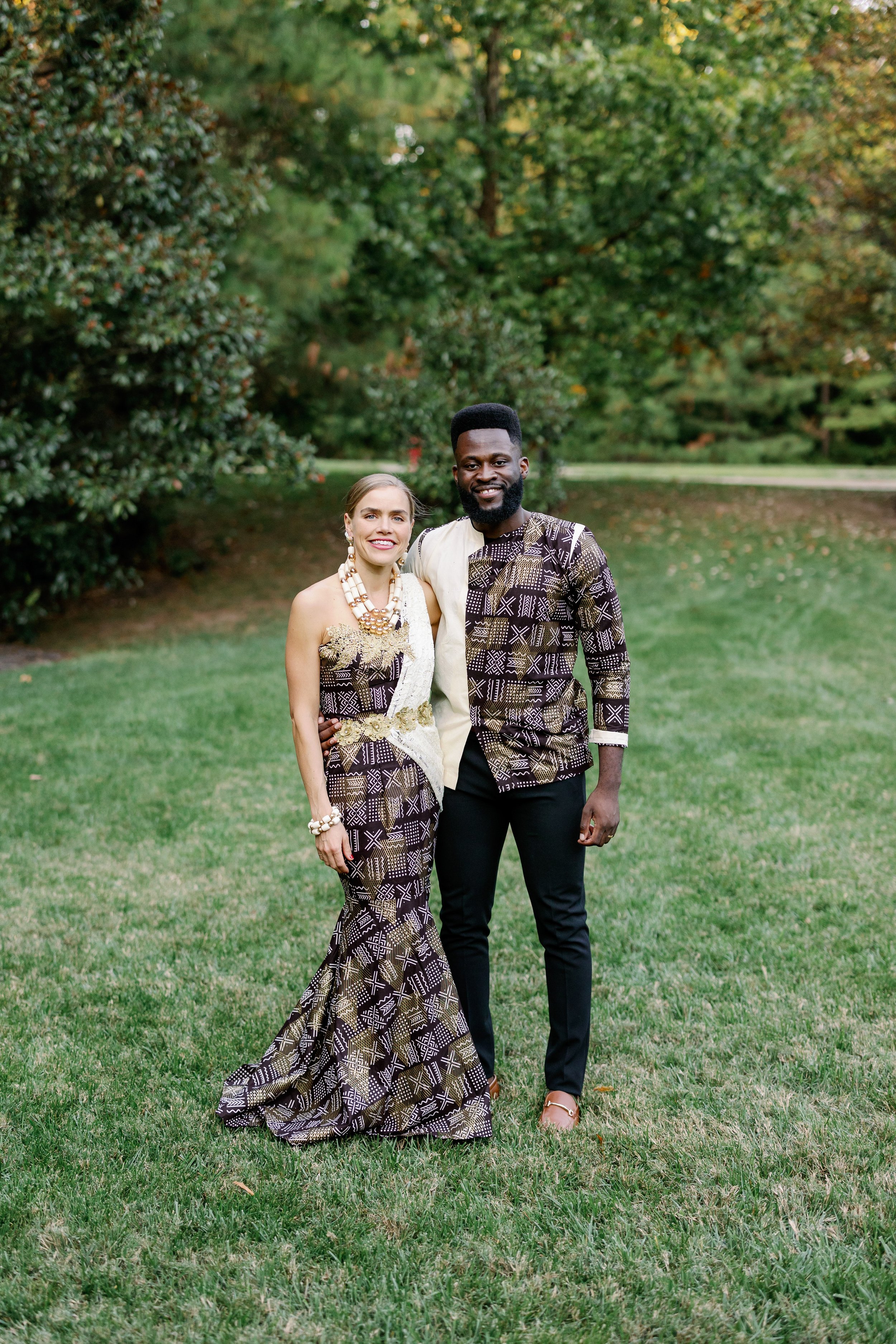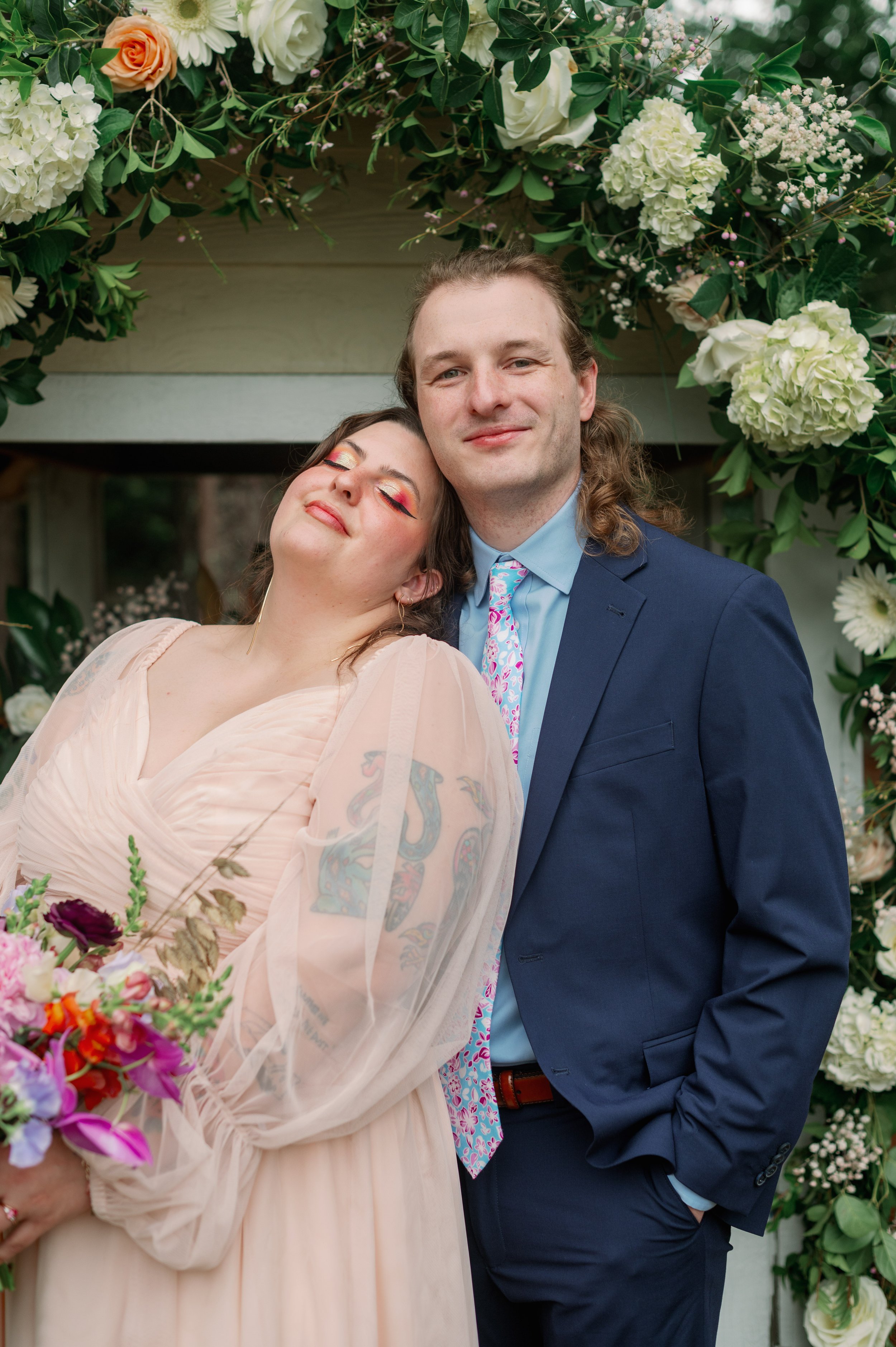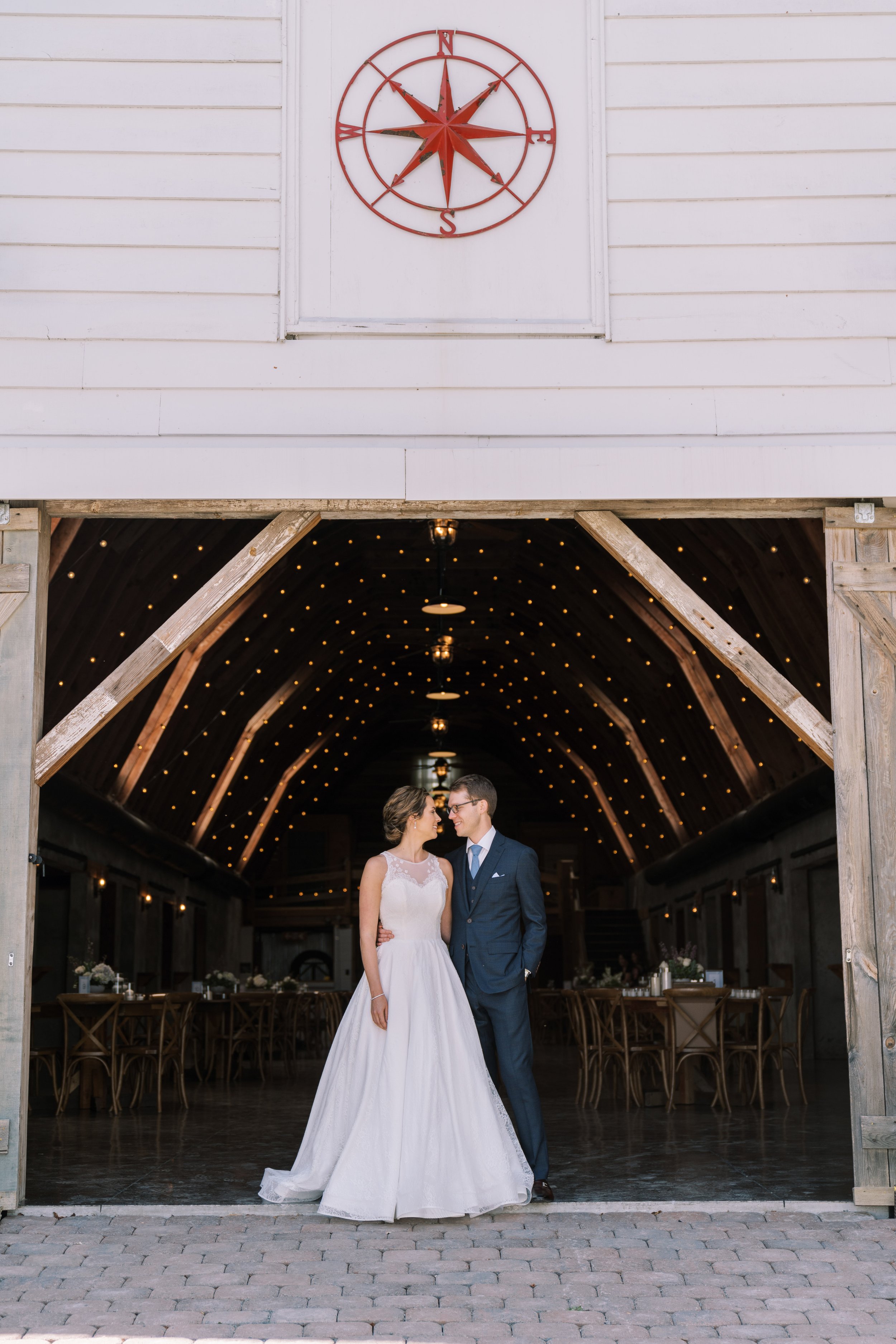You know, it’s one thing to sort of think you know something on a topic dealing with your profession—it’s another thing to come to the conclusion that you should probably do more research on what seems to be a controversial topic in your area of expertise. The more newer/beginner photographers I meet, the more I realize that the topic of copyright has never been really explained to them. Information can seem to be written in a way that is over our heads.
I wanted to talk with a copyright lawyer to ask the questions that I have been asked (and couldnt answer with certainty) by other photographers. For something as simple as copyright, why is it such a big deal? Furthermore, why is this such a hot topic within the photographer community? Thankfully, a good friend referred me to John Kivus with Morning Star Law Group, and he helped guide me to some wonderful resources and answered some questions in regards to this topic.
I talked to John for 45 minutes on these topics, and have summarized his answers below. Though I had him check certain points for technical accuracy, the write-up is my summary of his conversation, not exact quotes. As you would probably assume from that description, this write-up shouldn’t be considered legal advice. If you have a copyright issue, you should contact a copyright attorney that you trust.
N: What is the textbook definition of Copyright and how does this effect photographers?
J: An original work, fixed in a tangible medium of expression. Basically, this means there has to be some level of “creativity” involved. For example, a table of data might not be considered creative. Furthermore, You can not copyright an idea. An example that I like to use is that there is a musician in a bar and the musician has freestyled some music. If no one records said music, there’s nothing created that can be copywrited. However, if it was recorded, then the artist can copyright it. As a photographer, you satisfy the fixation requirement by simply capturing it in camera.
N: Does this effect every sort of photographer? Meaning, can anyone with a camera benefit from copyright laws?
J: Yes. This could mean your mom taking a photo with her ipad. She would own it the second she takes the photo.
N: What are the necessary arrangements that need to be made to make sure a professional photographers images are correctly copyrighted?
J: Copyright is a federal statute and you have to bring any formal enforcement of your copyrights in federal courts. You cannot bring to NC Small Claims Court. A pre-requisite to bringing a copyright enforcement action is registration of your copyright. You do this through the copyright office at the Library of Congress. You can submit multiple works in one registration, but there’s a size limit to submit via a zip file. Also the max size of a submission is 750 thumbnails. Registration also gives you access to certain other remedies (such as statutory damages) that may increase the likelihood that you receive a settlement if someone uses your work without permission.
N: When sharing to social media, lets say--Instagram-- would a platform like this revoke our copyright to said image? If yes, is there a way around this?
J: Posting to social media doesn’t mean that you abandon your copyright. If you’re looking for an example of how one might “abandon” his or her copyright, you could probably do this by a very broad Creative Commons license (American non-profit organization devoted to expanding the range of creative works available for others to build upon legally and to share.)
Instagram -- when you post to instagram you are giving instagram the license to do what they need to do to reshow your image. There are questions in the grey area that may allow for them to sell your image to third parties. This is more likely to happen rather than losing your copyright. Instagram has muddy language about what it can and will do with your images. Instagram does have a way of submitting take down notices if someone says an image is theirs or if its not. This bigger risk is widely seen than abandoning copyright.
N: Obviously, in a wedding photographers line of work it is common these days for photographers to share images with all of the other vendors who participated in said wedding together. What is the lawful way of sharing images with these vendors? Is it requiring every vendor to sign a contract?
J: This is a complicated issue. It involves the industry as a whole. I will say that a good place to inquire about what is going on within the Triangle photographers would be the WPS.
If you’re a copyright holder, you have a bundle of rights. Some of these rights include reproduction, publicly performing, and printing rights. These rights are things you can give as a bundle or give away like certain sticks. You can be very specific when giving these rights to someone--you can say things like “you may display these images via social media as long as you always tag us.” The great thing is that you can be specific. The best way to do this license is to show that is written, signed or acknowledged.
N: What are the different types of rights that we as a business can grant to others to use our images? For instance, can a photographer grant printing rights up to a certain size? What does it mean for a photographer to grant FULL rights to any images?
J: In commercial work, a photographer may grant rights to use images for a certain amount of time. This is the discussion by many wedding photographers-- are photographers comfortable in giving these rights away.
N: Does copyright ever expire? When would something be placed in the public domain category?
J: The life of the author plus 70 years is the life of the copyright. There are some specific other situations where things might be a little different, but that’s the most common.
N: What can a photographer do if someone has used their image without permission?
J: You can file a lawsuit, you can send a Cease and Desist letter, you can also send a take down notice to the web host of the person who is using the image wrongly. I would suggest to follow up with DMCA news to stay up to date with the current status of this very thing. The intent behind DMCA was to create an updated version of copyright laws to deal with the special challenges of regulating digital material.
N: What is the biggest misconception about copyright law?
J: The biggest misconception that I correct the most on is “can I have the copyright to the photos that you took at my wedding?” This is considered a license and not a copyright.











Witness pure love and magic from this NCMA engagement photo session in Raleigh.